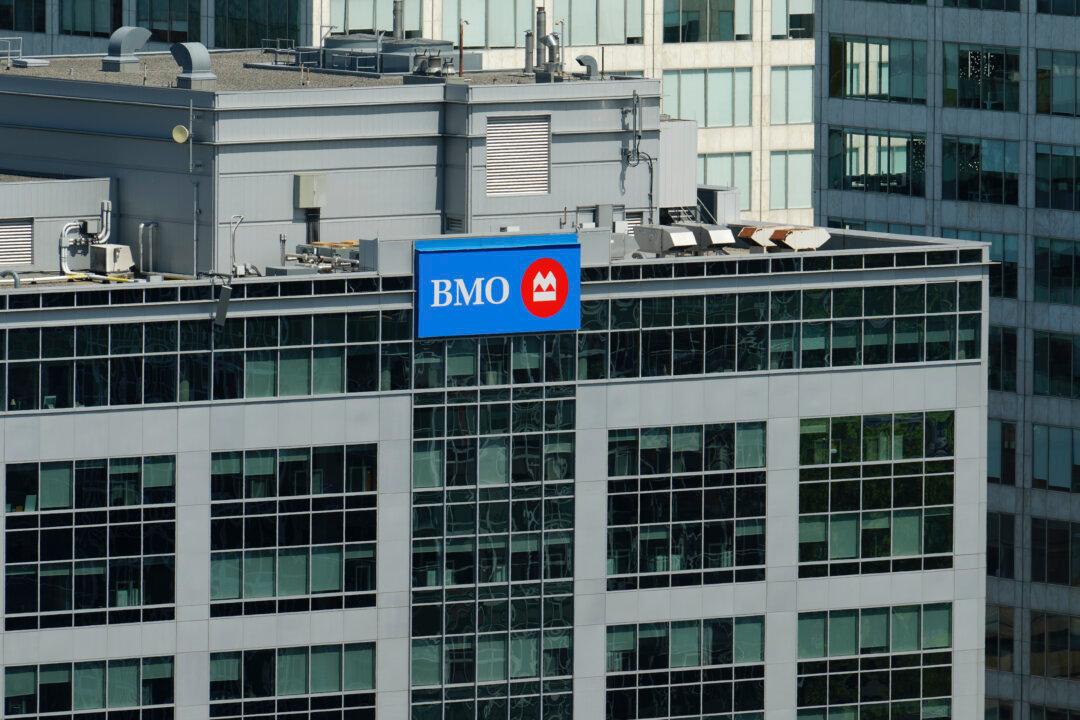Four of Canada’s biggest banks announced they are leaving the global banking sector climate coalition on Jan. 17, joining six major U.S. banks in leaving the pact just ahead of Donald Trump’s inauguration as president on Jan. 20.
The Bank of Montreal (BMO) became the first major Canadian bank to leave the United Nations-backed Net-Zero Banking Alliance (NZBA), followed by TD Bank, National Bank of Canada, and the Canadian Imperial Bank of Commerce (CIBC).





